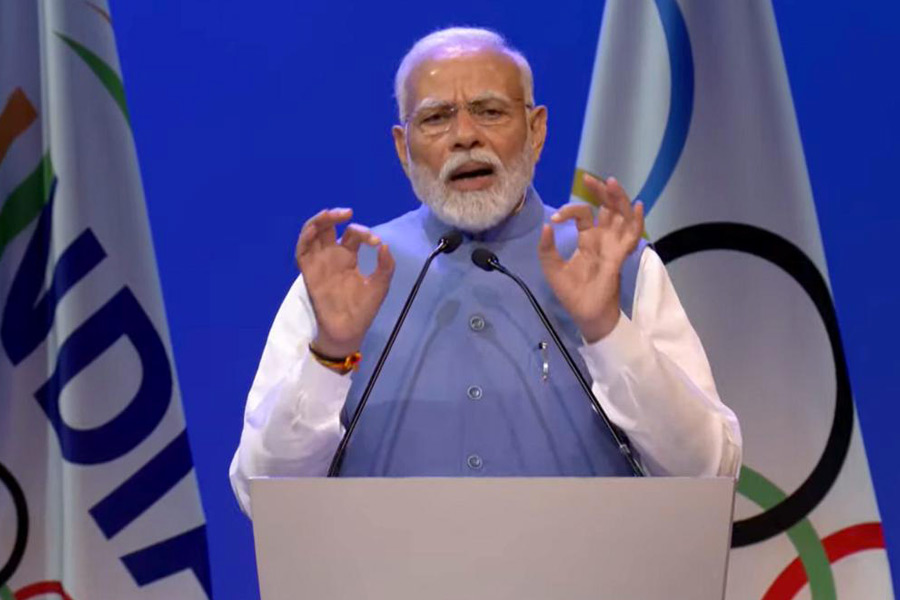The Union minister of electronics and information technology, Ashwini Vaishnaw, is of the opinion that India is playing a leading role in taking technology to its people. There are, unfortunately, reasons to suspect that the intention may not always be innocent. This is because of the rising concern that specific kinds of technology — commercial spyware, for instance — are being weaponised by the State to snoop on citizens, especially those who have the courage to speak truth to power. The allegations by several Opposition leaders and journalists that they received notifications from Apple alerting them to their phones being targets of “State-sponsored attackers” is the latest instance of persistent concerns that India is coming under the long shadow of surveillance. Mr Vaishnaw has promised a probe into the allegations. But what makes it difficult for the Narendra Modi government to dismiss the growing suspicion is the fact that the charges are not new. In 2021, it was alleged that the Israeli spyware, Pegasus, had been used to target public officials, activists, journalists and even a judge; activists had borne the brunt of such intrusions in 2019. Interestingly, credible reports, such as one by Financial Times, suggest that India remains eager to purchase new spyware, even though the Centre has denied that it has made such purchases. Significantly, while stating that it found no conclusive evidence of the use of such spyware in some phones, a Supreme Court-appointed committee had recorded the Centre’s unwillingness to cooperate.
This is not to suggest that India monopolises the game of 'I Spy'. It is a global trend. The Pegasus investigations revealed that 50,000 phone numbers across 50 countries had been targeted by malevolent technology and that the victims were from a wide geographical swathe, ranging from India to Hungary to the United Arab Emirates. What is notable is that many of these polities have demonstrated autocratic tendencies: in fact, a report by the Carnegie Endowment for International Peace suggests that autocracies are more likely to purchase such technologies. There is no denying that the employment of rogue tech is antithetical to the democratic ethos. They infringe upon citizens’ privacy — a fundamental right in India — weakening the culture of transparency which, in turn, transforms an elected government into the proverbial Big Brother. The challenge before India’s Opposition and institutions is to raise public awareness of — resistance to — such transgressions: only then can democracy be shielded from prying eyes.










